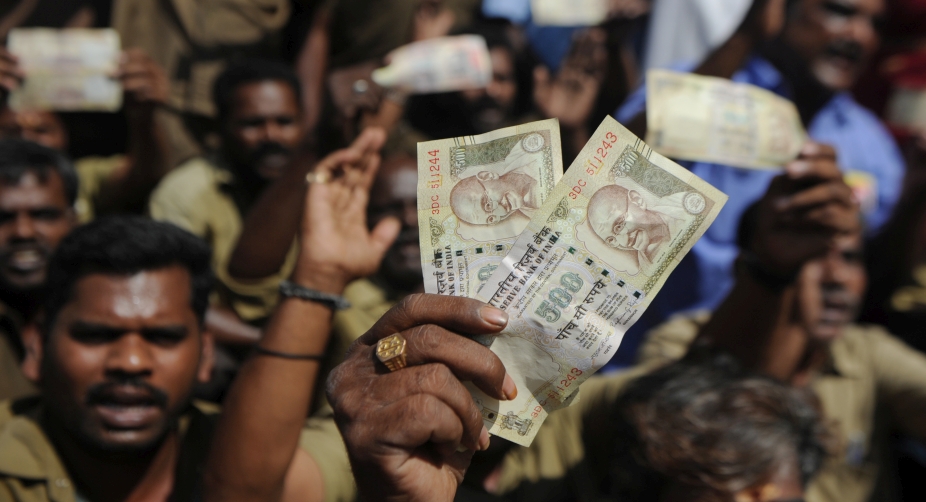India’s democratic dilemma
The fake news industry has grown by leaps and bounds under the tutelage of the BJP.

(Getty Images)
It may no longer be fashionable for those in government to talk of the poor, but with his vast experience in the political management of economic affairs there can be no making light of his observations on the subject. That Mr Pranab Mukherjee holds the most exalted office in the Republic only amplifies his articulation. Hence, whether Narendra Modi, Arun Jaitley & Co. liked it or not, the President’s call for providing immediate succour to the poor to overcome the impact of demonetisation must “register”. Immediately after the Prime Minister’s announcement on 8 November the President had expressed himself in favour of the junking of high-value currency notes: subsequent developments have obviously generated second thoughts about the manner in which directives were implemented. And he has been man enough not to live in a state of permanent denial, even though he sees the prevailing discomfort as” temporary”, and feels that the 31 December sops might bring some relief. In his televised communication with Governors, Mr Mukherjee was forthright: “Demonetisation, while immobilising black money and fighting corruption, may lead to temporary slow-down of the economy. We all will have to be extra careful to alleviate the suffering of the poor which might become unavoidable for the expected progress in the long term.” And while he expressed his appreciation of the general thrust of the government’s moves, he also noted that the poor “need to get succour here and now, so that they can also participate actively in the national march towards a future devoid of hunger, unemployment and exploitation.” The government has opted to discount media reports of the hardships ~ in rural areas particularly ~ resulting from the finance ministry and Reserve Bank of India’s inability to handle a difficult situation, but the President has accepted the grim realities of the day.
The President also did well to remind Governors that they were more than ceremonial figureheads and had a vital role to play in national affairs. Referring to the coming elections he stressed that the “conduct of free and fair elections has made our democracy one of the most vibrant in the world.” Yet he also noted that elections "reflect the attitudes, values and beliefs of the people towards their political environment”, and sounded a caution “about competitive populism, electoral rhetoric and vote-bank politics”. Ideally goodwill must prevail between different communities, yet at times “harmony may be put to test by vested interests. Communal tensions may rear their ugly head. Rule of law must form the sole basis of dealing with any such challenging situation”. Could there be more sanguine advice to administrators?
Advertisement